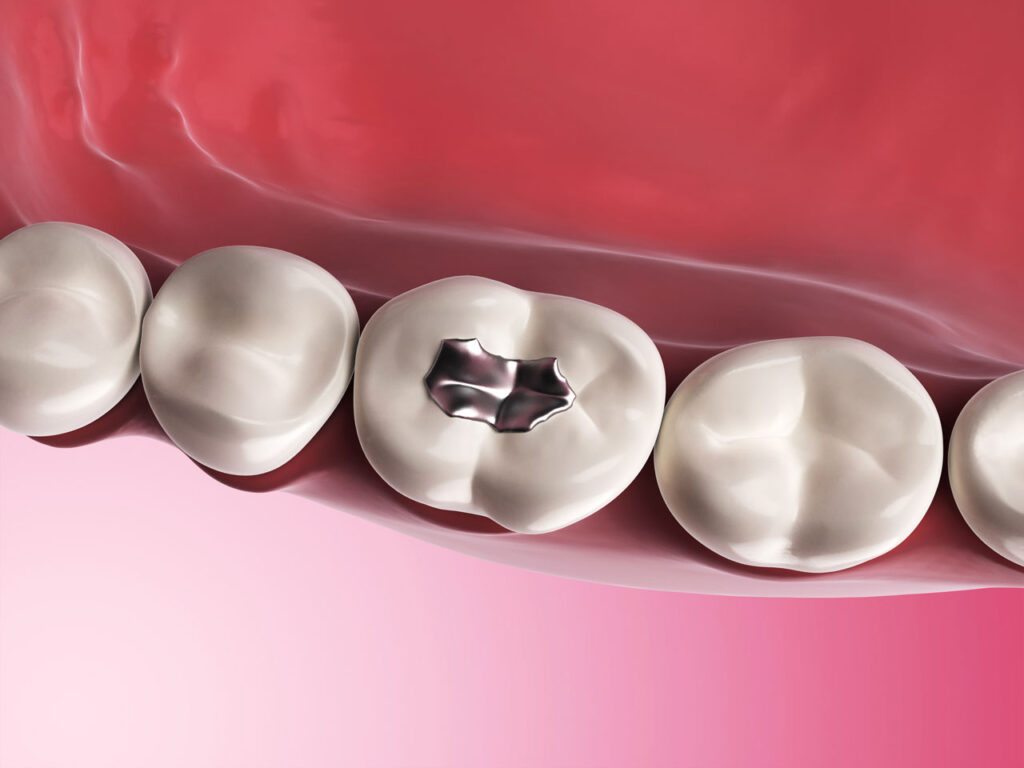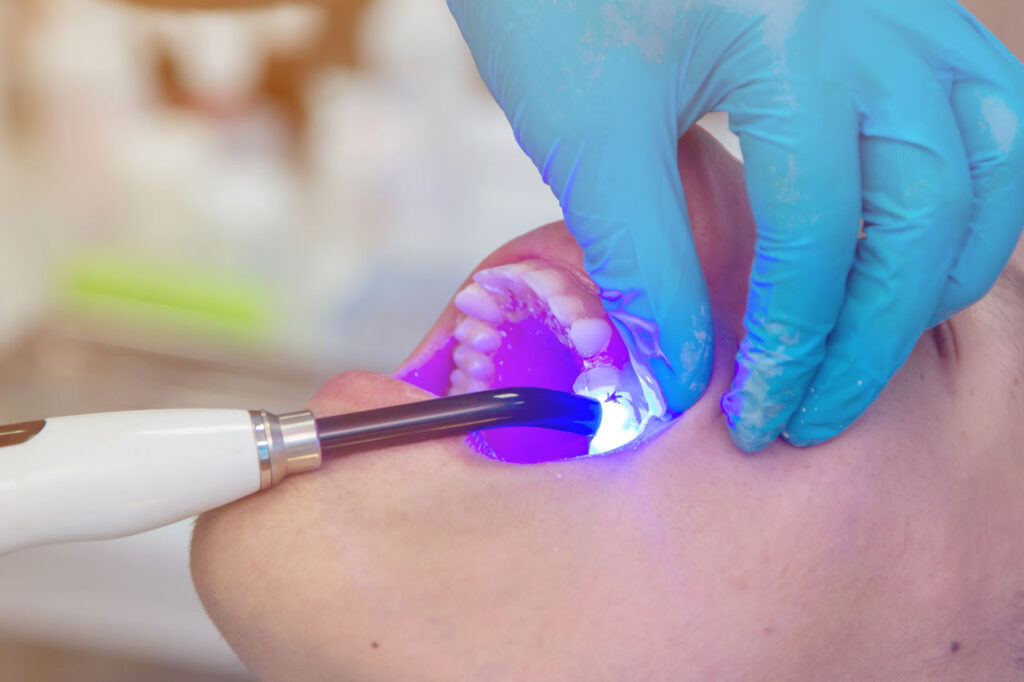Our Services > General Dentistry > Fillings & Restorations
Dental Treatments
Today’s advanced dental treatments and materials can make a real difference. The skill, experience and commitment of our practice – using a unique combination of science and artistry – can literally redesign your smile.
Even a subtle change in your smile helps you to project an image of self-confidence and high personal esteem. When you feel good about yourself, it shows in your appearance.
Discover how Dr. Fisch and Dr. Moran can give you the smile you want.
Amalgam fillings
Dental amalgam is a compound of silver, copper, tin and elemental mercury. When these metals are mixed together, the mercury becomes inert. These fillings are commonly called “silver fillings” because of their silver color when initially placed. Today, amalgam is most commonly used in back teeth. Having been used and improved for more than 150 years, it is one of the most thoroughly researched and tested dental filling materials.

Advantages of silver fillings
- Strong, durable and stand up to biting force
- Can be placed in one visit
- Normally the least expensive material
- Self-sealing with little or no shrinkage and resist leakage
- Low frequency of repair and replacement
- Can be reliably placed where moisture is present
Disadvantages of silver fillings
- While concerns have been raised about very low levels of mercury in amalgam, the U.S. Centers for Disease Control have found no evidence of harm.
- Can darken over time as it corrodes. This does not affect the function of the filling, but many find it less attractive than tooth-colored materials.
- Placement of amalgam requires removal of some healthy tooth.
Composite restorations
Composite is a mix of acrylic resin and powdered glass-like particles that produce a tooth-colored filling. Composite is used for fillings and bonding. Sometimes it is used to replace a portion of a broken or chipped tooth. Since it is not as strong as a silver filling, it is often not the material of choice to use in a posterior tooth.

Advantages of composite
- Provides good durability in small to mid-size restorations that need to withstand moderate chewing pressure
- Moderately resistant to breakage
- Low to moderate frequency of repair or replacement
- Fillings are usually completed in a single visit
- Does not corrode
- Color and shading can be closely matched to existing tooth
- Often permits preservation of as much of the tooth as possible
Disadvantages of composite
- Resin must be placed in a dry environment
- Can break and wear out more easily than metal fillings, especially in areas of heavy biting force.
- May need to be replaced more often than silver fillings
- May wear faster than natural dental enamel
Schedule Your Appointment
Call our office to learn more about our practice specialties and earliest available appointment dates.
Call us at (802) 775-5286 to schedule your appointment today!